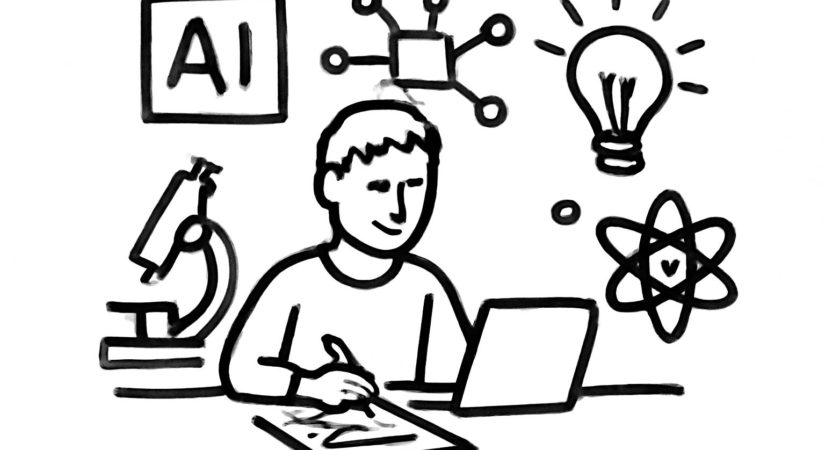Despite concerns over AI-driven job losses, proponents argue that artificial intelligence can enhance productivity for workers and the economy. Microsoft CEO Satya Nadella envisions autonomous AI agents that set goals, plan, execute, and learn across systems to improve efficiency. However, history suggests efficiency alone cannot resolve productivity slowdowns.
Over the past 50 years, faster computers have become ubiquitous, yet labor productivity growth in advanced economies has declined from about 2% annually in the 1990s to 0.8% in recent years. Even China’s rapid output per worker growth has stalled.
The combination of computers and the internet promised not only improved efficiency but a surge in innovation by connecting global knowledge and talent. Yet, research productivity has decreased, with scientists producing fewer breakthrough ideas per dollar compared to the 1960s.
One key issue is the trade-off between quantity and quality in innovation. Studies show that researchers working on multiple projects simultaneously are less likely to produce groundbreaking work. Incremental scientific papers and patents have increased while major discoveries have become rarer. Historical innovators like Isaac Newton and Steve Jobs emphasized focused effort and saying no to distractions as essential to true innovation.
Major economic progress comes from discovery, not merely speeding up existing tasks. Large language models (LLMs) tend to replicate prevailing knowledge rather than pioneering new ideas. A Nature review found that while AI assists with routine scientific work, major insights remain human achievements. Even AI successes like AlphaFold, which predicts protein structures, rely on ongoing innovation before artificial general intelligence can match human cognition across all domains.
Currently, AI primarily enhances efficiency. A survey of over 7,000 knowledge workers showed heavy users of generative AI cut email-related tasks by 31%, though collaborative work time remained steady. As AI handles more routine tasks, overall workload may increase, offsetting gains. Past productivity boosts from new technologies like spreadsheets faded without accompanying breakthroughs.
For AI to truly spark a productivity renaissance, it must enable exploration of entirely new frontiers rather than incremental improvements. This requires institutions to prioritize originality, support higher-risk projects, and grant greater autonomy. While AI technology advances, adapting organizational structures is crucial to unlocking its full potential.
